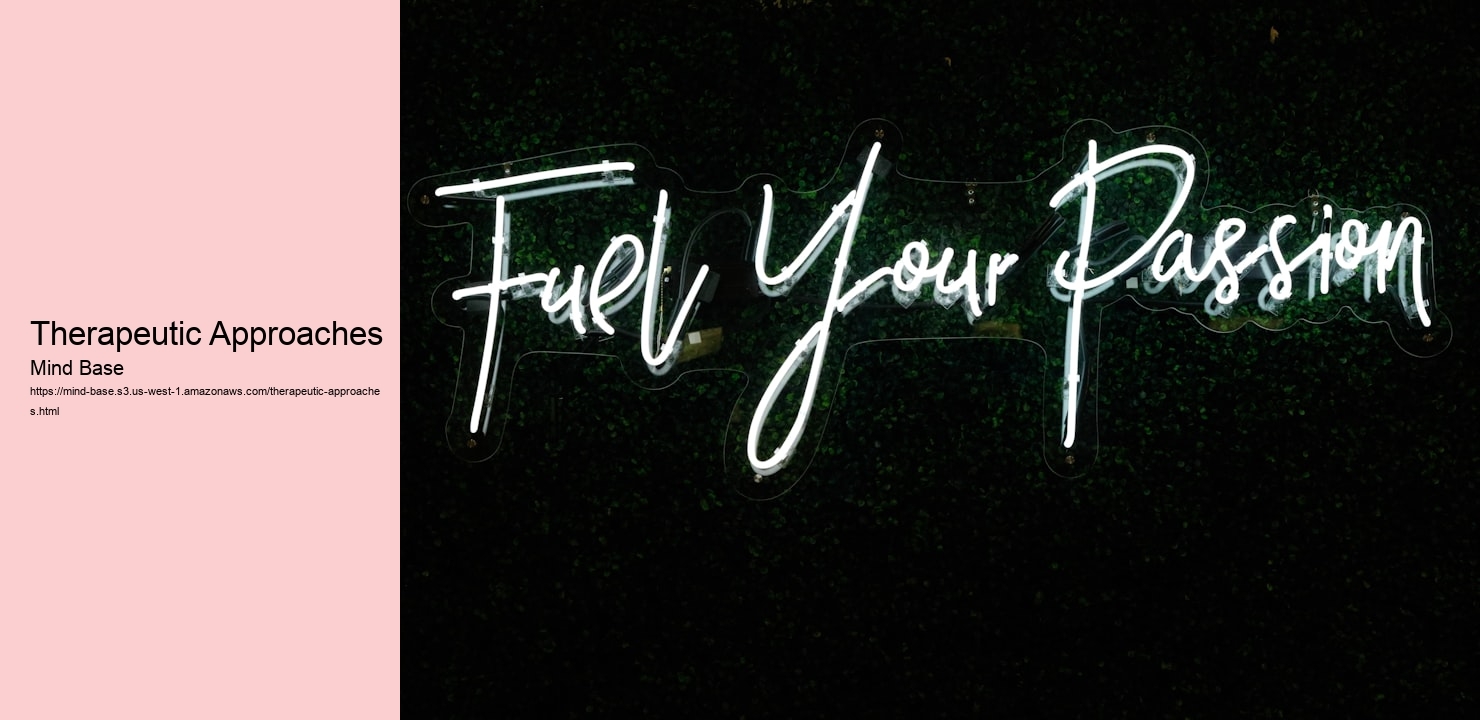
Mindfulness, a practice rooted in ancient traditions, offers profound benefits for mental health. In the bustling city of Calgary, therapists are increasingly integrating mindfulness techniques into their sessions. This practice involves maintaining a moment-by-moment awareness of our thoughts, feelings, bodily sensations, and surrounding environment without judgment. By fostering this heightened state of consciousness, individuals can develop greater self-awareness and emotional regulation. Therapists in Calgary often guide clients through mindfulness exercises to help them connect with their inner experiences more effectively.
For many seeking therapy in Calgary, traditional methods may not fully address their needs. Family Therapy Thus, the integration of mindfulness provides an additional layer of support. Therapists teach clients various mindfulness techniques such as deep breathing exercises, body scans, and mindful meditation. These practices enable clients to ground themselves during moments of stress or anxiety and cultivate a sense of calmness and clarity. By incorporating mindfulness into therapy sessions, Calgary's mental health professionals aim to empower clients with tools that enhance resilience and promote overall well-being.

Therapists across Calgary have observed that clients who engage in regular mindfulness practices report significant improvements in managing symptoms related to anxiety, depression, and stress-related disorders. The non-judgmental nature of mindfulness allows individuals to process emotions constructively rather than reacting impulsively or negatively. This approach aligns with therapeutic goals by encouraging reflection and personal growth while reducing the impact of adverse effects often associated with other treatments.
To put it short, mindfulness is transforming therapeutic practices within Calgary by offering an accessible means for individuals to engage with their mental health actively. Through various techniques tailored by skilled therapists in the region, clients gain valuable insights into their thought patterns and emotional responses. As they continue this journey towards self-discovery and healing with the guidance of experienced practitioners, they find themselves better equipped to navigate life's challenges mindfully.
Cognitive science is a multidisciplinary field that seeks to understand the nature of thought, learning, and mental organization.


In the realm of therapy-often referred to as psychotherapy when addressing mental health issues-cognitive science provides foundational knowledge that informs treatment strategies. Therapists in Calgary utilize cognitive principles to develop interventions tailored to individual patients' needs. Understanding cognitive processes allows therapists to identify patterns of thought that may contribute to emotional or behavioral difficulties, offering a roadmap for effective therapeutic intervention.
Neuroscience is a critical component of cognitive science that explores brain function at various levels, from molecular interactions to neural networks. For therapists practicing in Calgary, insights from neuroscience are invaluable for understanding the biological underpinnings of mental health conditions. This knowledge not only aids in diagnosis but also enhances the efficacy of treatments by aligning them with how the brain naturally operates.
Language is another pillar of cognitive science that significantly impacts therapy. The way individuals articulate their experiences can reveal underlying cognitive patterns and emotional states. Therapists often rely on linguistic cues during sessions to gain insight into their clients' internal worlds. In Calgary's diverse community, understanding linguistic nuances becomes even more crucial for delivering culturally sensitive care.

The integration of artificial intelligence (AI) into therapeutic practices offers new possibilities for enhancing patient care. AI-driven tools can analyze large datasets to identify trends and predict outcomes, aiding therapists in Calgary by providing evidence-based recommendations tailored specifically to their clients' needs. While still an emerging field within therapy, AI holds promise for expanding access and personalizing treatment approaches.
Cognitive science serves as a cornerstone for modern therapeutic practices in Calgary by offering comprehensive insights into human cognition and behavior. By integrating knowledge across disciplines like neuroscience and linguistics-and increasingly leveraging technology such as AI-therapists are better equipped to address complex mental health challenges effectively. Ultimately, this multidisciplinary approach enriches both the client-therapist relationship and therapeutic outcomes.

Psychological health includes emotional, emotional, and social well-being, affecting cognition, perception, and behavior. According to the World Health Organization (THAT), it is a "state of well-being in which the private recognizes his or her capabilities, can manage the regular anxieties of life, can work successfully and successfully, and can add to his/her community". It also identifies how an individual manages stress, interpersonal partnerships, and decision-making. Mental health and wellness consists of subjective health, viewed self-efficacy, freedom, proficiency, intergenerational dependence, and self-actualization of one's intellectual and psychological capacity, among others. From the viewpoints of positive psychology or holism, mental wellness may consist of an individual's ability to delight in life and to develop an equilibrium between life tasks and initiatives to attain psychological resilience. Cultural distinctions, individual approach, subjective assessments, and completing specialist theories all impact how one specifies "mental health and wellness". Some very early indicators connected to psychological wellness difficulties are rest irritability, absence of energy, absence of hunger, thinking about harming oneself or others, self-isolating (though introversion and isolation aren't necessarily undesirable), and often zoning out.
.Psychotherapy (likewise mental therapy, talk therapy, or chatting therapy) is using emotional approaches, specifically when based upon normal individual communication, to aid an individual modification habits, increase happiness, and conquer troubles. Psychotherapy aims to enhance a person's health and psychological health and wellness, to deal with or reduce bothersome actions, beliefs, obsessions, ideas, or feelings, and to improve connections and social skills. Many kinds of psychotherapy have been developed either for specific grownups, households, or kids and teens. Some sorts of psychiatric therapy are thought about evidence-based for dealing with identified mental disorders; other types have actually been slammed as pseudoscience. There are numerous psychotherapy methods, some being small variants; others are based on extremely different conceptions of psychology. Many techniques entail one-to-one sessions, in between the client and specialist, however some are performed with teams, including pairs and households. Psychotherapists might be psychological health and wellness specialists such as psychiatrists, psycho therapists, mental health registered nurses, clinical social employees, marital relationship and household specialists, or specialist therapists. Therapists may likewise come from a selection of various other histories, and depending on the jurisdiction might be legitimately regulated, willingly controlled or uncontrolled (and the term itself might be protected or not).
.Online therapy in Calgary connects residents to licensed psychologists via secure video, offering flexibility. It’s as effective as in-person sessions for anxiety, depression, and more.
Support groups for mental health in Calgary bring people together to share experiences and coping strategies. Facilitated by professionals, they offer community and emotional support locally.
Therapy for bipolar disorder in Calgary balances mood swings with CBT and support plans. Psychologists help clients manage episodes and maintain stability effectively.